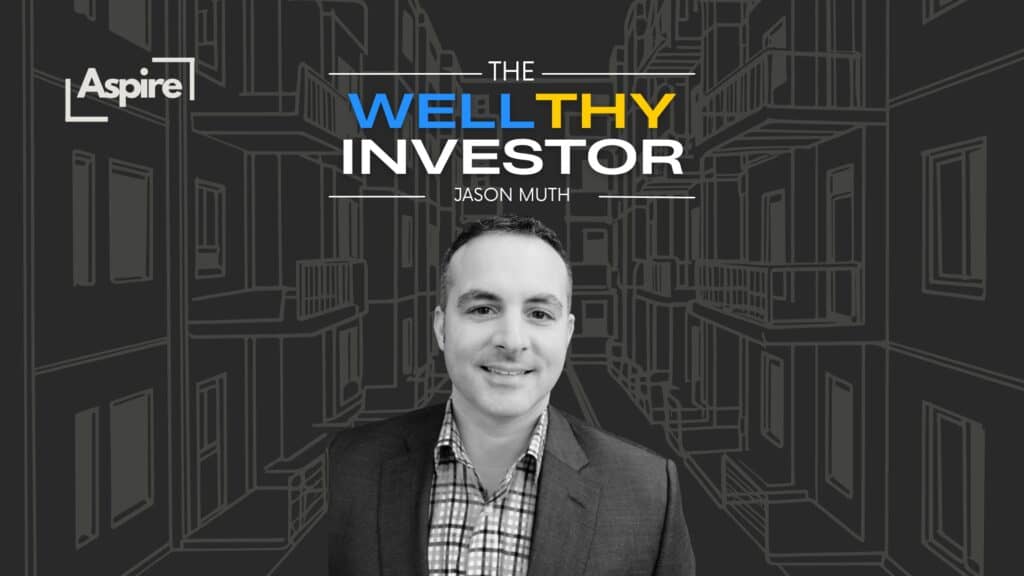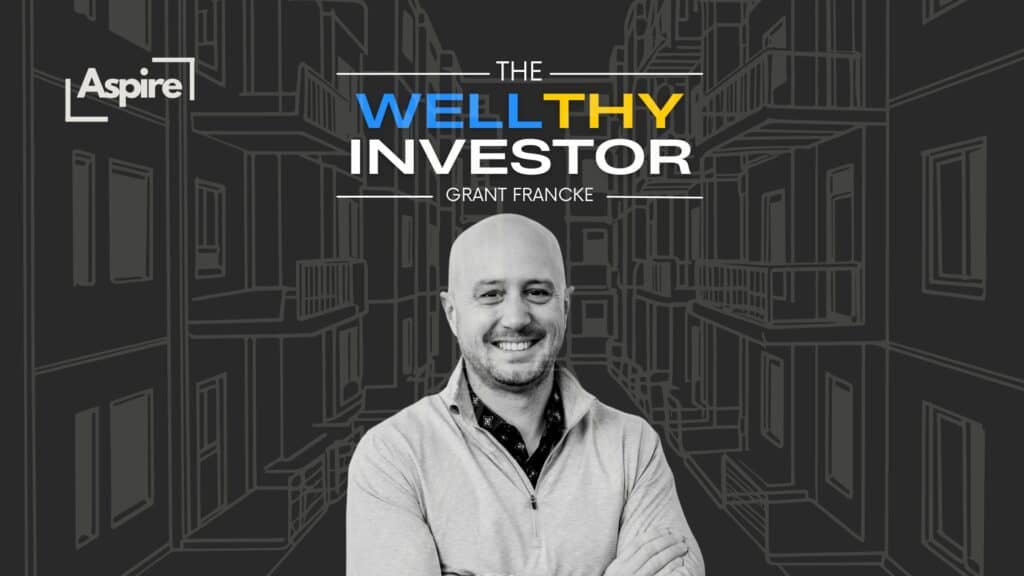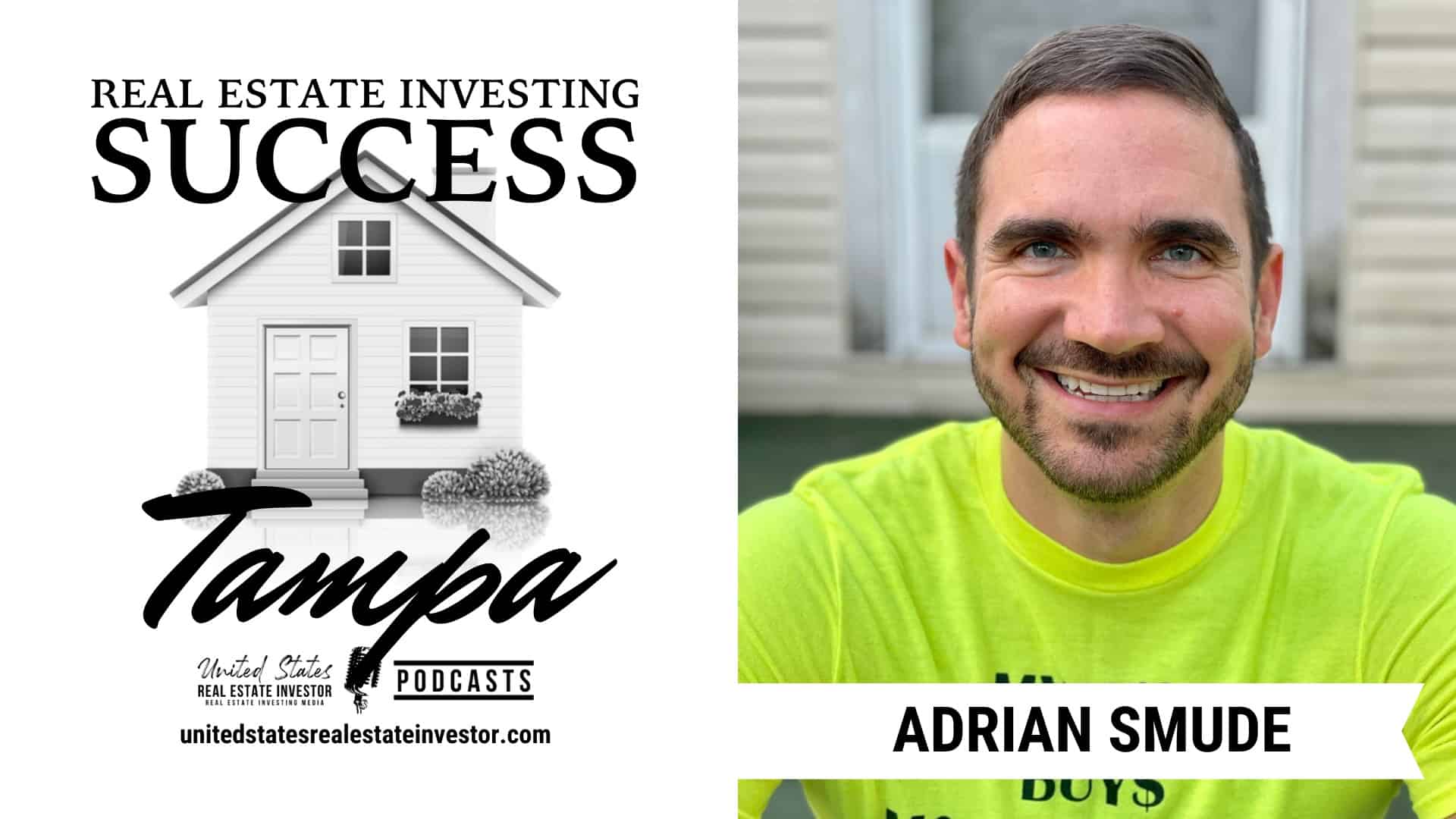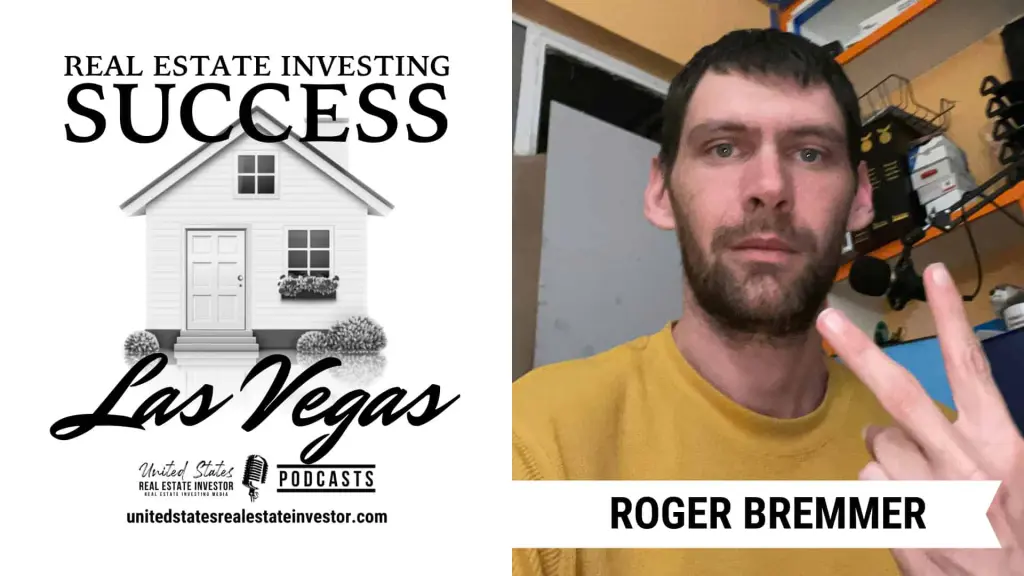Key Takeaways
- There’s a growing trend among younger generations, especially Gen Z, to adopt the DINK lifestyle.
- DINK households generally have higher incomes but lower homeownership rates compared to families with children.
- The real estate market is influenced by these shifting preferences, with potential long-term implications for property value and urban development.

The DINK Movement: Affects on the Real Estate Landscape
The Dual Income, No Kids (DINK) movement (a growing trend among couples who choose to have both partners in the workforce and opt not to have children, focusing on financial stability, personal freedom, and an urban lifestyle) is increasingly being adopted by younger generations, particularly Gen Zers.
With DINK couples experiencing more carefree, indulgent trips to Sam’s Club and Costco, along with impromptu European excursions, this demographic shift has profound implications for the real estate market in the United States.
Findings
A recent study from Rocket Mortgage, using data from the U.S. Census Bureau’s Current Population Survey, provided insights into DINK households compared to dual-income households with kids (DIWKs) in the context of real estate ownership and preferences.
Growing Preference for DINK Lifestyle: Nearly 1 in 4 Gen Zers envision themselves as part of a DINK household, with a significant portion not wanting children at all. Their top priorities are financial comfort and positive mental health, over traditional goals like career advancement or finding a romantic partner.
Financial Stability Over Family: The desire for flexibility and concern over the high costs of raising children are primary reasons for not wanting kids. This has financial implications, as DINK households typically earn a median income of $138,035, significantly higher than non-DINK households at $103,005.
State Variations: Homeownership rates among DINKs vary significantly by state. In Mississippi, 93% of DINKs own homes, whereas the rate falls to 37% in New York and even lower in D.C. (32%) and Hawaii (22%).
Reasons for Lower Homeownership: The preference for renting among DINKs stems from the freedom and flexibility it offers, with less concern for factors like schooling or social life impacts for children. Their smaller housing needs (often opting for condos or apartments) also influence this trend. Enhanced mobility for career opportunities is another factor making renting more practical for DINKs. Additionally, DINK couples tend to marry and settle down later in life, further delaying homebuying decisions.
Impact on Homeownership and Real Estate Market:
- Homeownership Rates: Despite their higher incomes, DINKs are less likely to own a home compared to couples with children. This trend is driven by differing priorities and the desire for flexibility, as owning a home can tie one down to a specific location.
- Real Estate Market Dynamics: The disparity in homeownership between DINKs and traditional families is also influenced by the need for stability and good schooling for children. DINKs, valuing flexibility and mobility, may prioritize renting or investing in properties in urban or high-income areas where property values are higher.
- Financial Benefits of Homeownership: While DINKs focus on wealth accumulation and lifestyle, they might overlook the long-term financial benefits of homeownership, such as tax deductions and property value appreciation.

Demographic Information
- Gender Ratio: Among real estate investors, 68% are male and 32% are female.
- Racial Demographics: 63.8% of real estate investors are White, followed by 17.6% Hispanic or Latino.
- Average Age: The average age of real estate investors is 47.7 years.
- Average Salary: Real estate investors have an average salary of $81,345.

Critics
Quotes and Perspectives
As the DINK movement’s participation increases, many notable media voices are beginning to speak out with their stances on the growing lifestyle.
Matt Walsh’s Viewpoint: Matt Walsh of The Daily Wire, a highly-ranked conservative podcaster and commentator, criticizes the DINK lifestyle, referring to it as “…a meaningless life of consumption and materialism…,” for being focused on superficial wants and materialism. He views their life choices as self-centered and lacking in fulfillment, arguing that it is a nihilistic way of living that prioritizes consumption over more meaningful pursuits.
Joker’s Perspective: Contrasting Walsh’s view, Joker of Better Bachelor, a popular, well-known content creator, men’s rights advocate, and proud solo adventurer, highlights the value of personal freedom and exploration that comes with the DINK lifestyle. Although Joker tends to lean more toward traditional relationship values, he argues against societal expectations and champions individual happiness and fulfillment through personal choices.

Assessment
The rise of the DINK phenomenon in the U.S. reflects a significant cultural and demographic shift, impacting the real estate market.
While DINKs enjoy higher incomes and potentially greater financial freedom, their lesser inclination towards homeownership may have implications for the real estate market, particularly in urban areas where they tend to reside.
This trend, alongside traditional family structures, will likely continue to shape the dynamics of the real estate market.
Concluding Thoughts
The DINK movement presents a nuanced picture of changing societal values and economic conditions, which are reshaping the landscape of real estate investment and homeownership in the United States.
The impact of this trend on the broader market dynamics and societal fabric will be an area of keen interest in the coming years.
References
- DINK (Dual-Income No Kids) Households Are Less Likely To Own a Home: Here’s Why
- New viral ‘DINK’ trend on TikTok promotes childlessness, empty existence
- Real Estate Investor Demographics and Statistics [2023]: Number Of Real Estate Investors In The US
- What is the DINK Lifestyle? [Survey]
- DINKs make an average salary of $138,000/year — nearly 7% more than dual-income couples with kids — but they’re less likely to own a home. Here’s why and what it means.
No related posts.




























